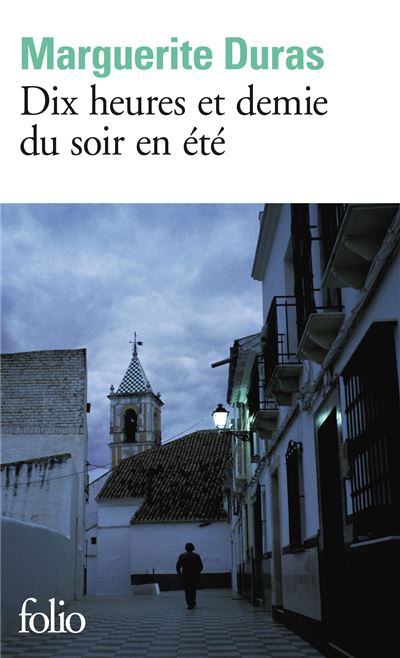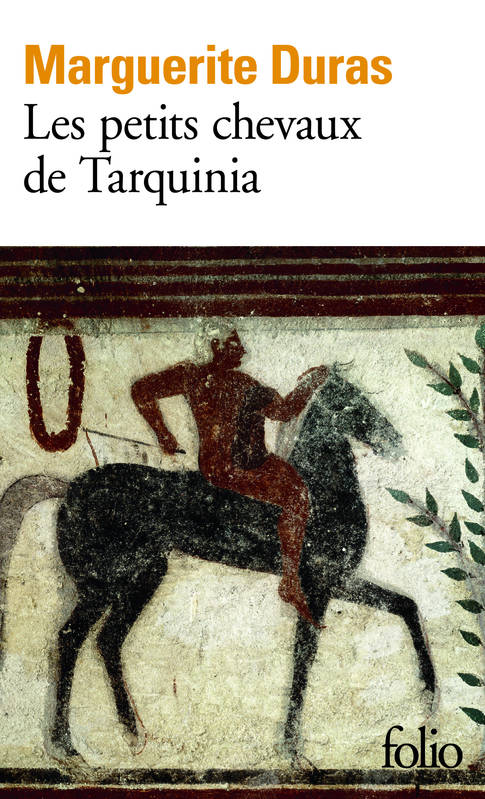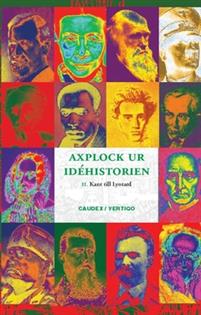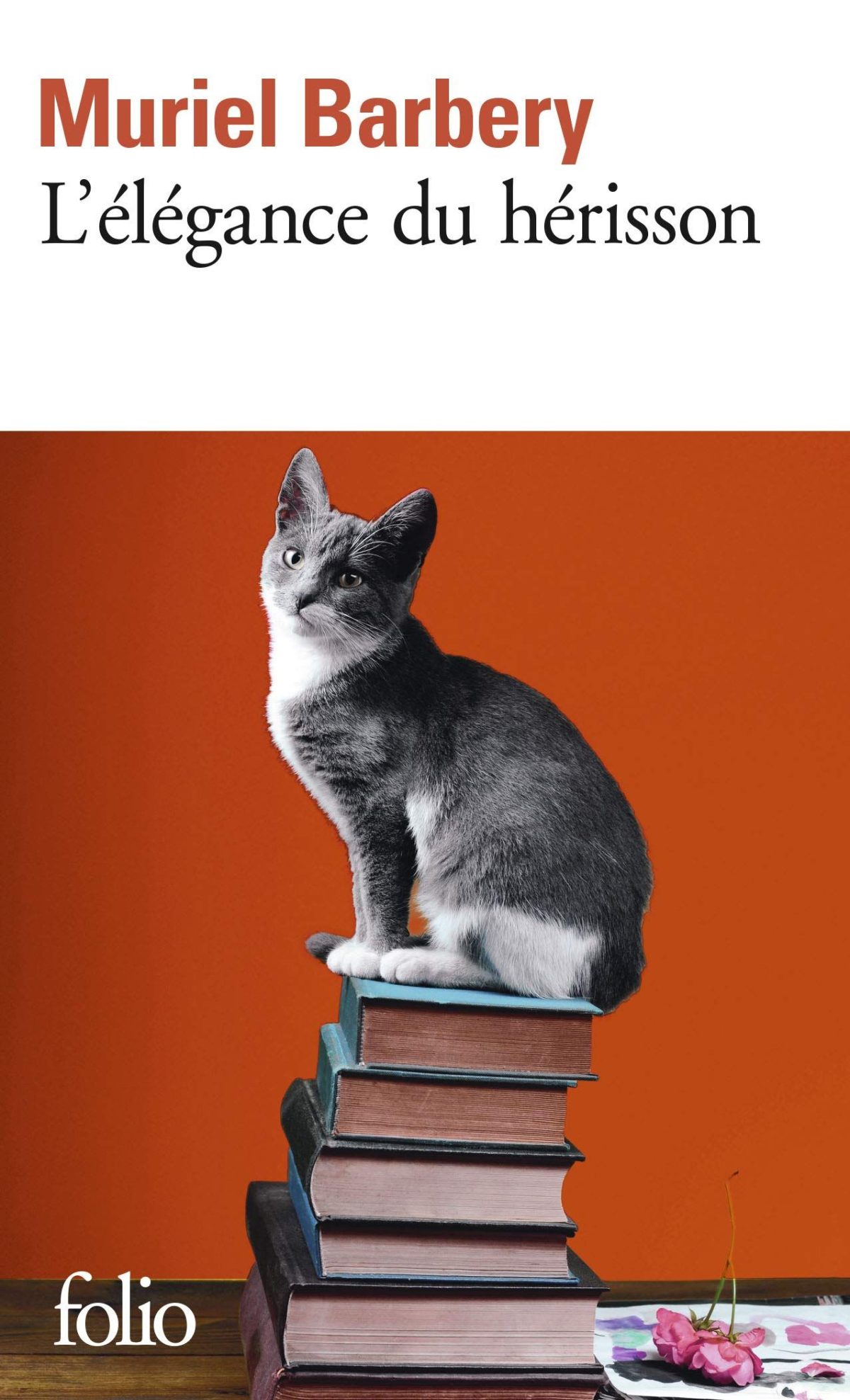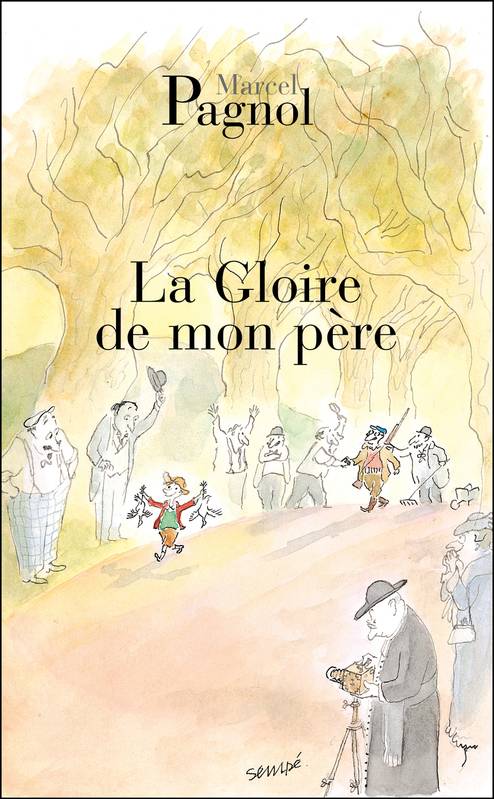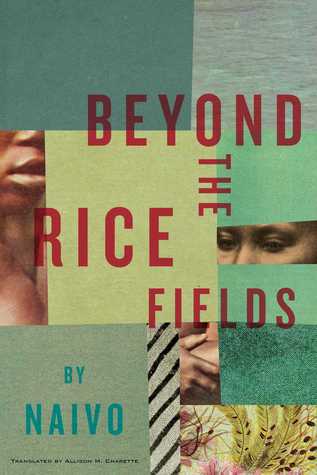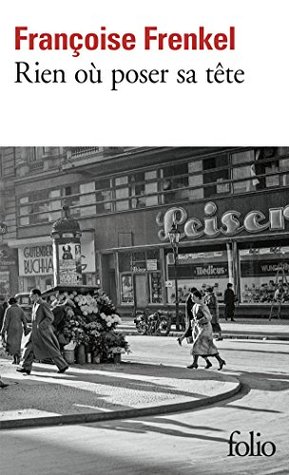Happy spooky season, everyone! I kicked things off by renting a cabin in Falun for two weeks, where I did a lot of walking (in cemeteries, no less), a lot of reading, and a lot of sweating it out in my own private sauna. I don’t have all of my photos of the walking uploaded and cleaned up yet, and there’s not much to be said about the sauna, but I can go ahead and talk about the reading. Some of these books might be worth their own post, but for now I’ll just stick to bite-sized thoughts.
Parable of the Sower
I watched Sarah Zed’s underwhelming video on YA dystopias a week before I left, so the whole trend of YA dystopias was on my mind as I read this one. Parable of the Sower was published in 1993, several years before our current glut of YA, but by industry genre standards it would be slotted as a YA dystopia if it were published today. And yet, it’s clearly a very different (and much better) beast than The Hunger Games or Divergent or whatever else tried to ride that wave. Is it fair to put Parable of the Sower in the same category as them? From a quality and content standpoint, I would say of course not. But from a book-selling standpoint, there is no difference. Consumerism is a cancer.
The History of White People
Extremely illuminating reading. My father’s side of the family came to the US around the turn of the twentieth century from villages that are in the south of current-day Poland, but there is absolutely no family lore about what it was like moving here, or about life or family back in The Old Country, or anything like that. (Making sense of the immigration documents is also a trip, just because territory was a bit up in the air at that point in time.) Painter’s research obviously can’t fill in the gaps of my own family’s history, but it gave me a broad sense of the historical context of their arrival in America, and a rough idea of what kind of prejudice and problems they might have run up against—something I’d never really reflected on before.
Beyond my own personal takeaways from the book, the examination of the construction of “white” as a middle class signifier and its gradual expansion over the years is a valuable piece of scholarship for understanding American society as a whole. The only downside is that The History of White People is over a decade old now, and reading a discussion of race and whiteness in 2021 that ends in a discussion of Barack Obama’s presidency rather than Donald Trump’s feels a bit…unresolved. GoodReads indicates that Painter’s most recent book is from 2018, but it’s a memoir rather than any kind of scholarly work. Hopefully she’ll put out an updated edition of The History of White People at some point.
Shards of Honor
This was an Austin Feminist Sci-Fi Book Club pick. I don’t think anyone really enjoyed it all that much? For me, at least, there was too much romance and not enough sci-fi. Internet rumor mill pegs it as Star Trek fanfiction with the serial numbers filed off, and I believe it.
Becoming Beauvoir
An absolutely outstanding new biography of Simone de Beauvoir drawing on previously unavailable or untranslated material.
The Cyberiad
One of my philosophy professors taught a popular and engaging philosophy of the mind course, or maybe a couple variations on the idea, and one of the texts for it was The Mind’s I, an anthology that included a story from The Cyberiad. My particular iteration of the class didn’t use that book, but I browsed through a friend’s copy out of curiosity. Long story short, one of the selections I always thought was part of The Cyberiad wasn’t actually, so my introduction to Stanislaw Lem was actually Solaris.
So now I’ve finally read The Cyberiad for real. The English edition is an incredible feat of translation; it struck me as I read one of the first stories in it that one of the textbooks or more scholarly anthologies I’d read over the years had highlighted exactly this story so now I’ll have to try to do a little detective work to see what, exactly, they had to say about it.
Un hiver à Majorque
Still the same book as it was the other two times I read it this year. Unlike my previous attempt with the original French, this time I looked up every (or almost every) word I didn’t know and couldn’t figure out from context.

